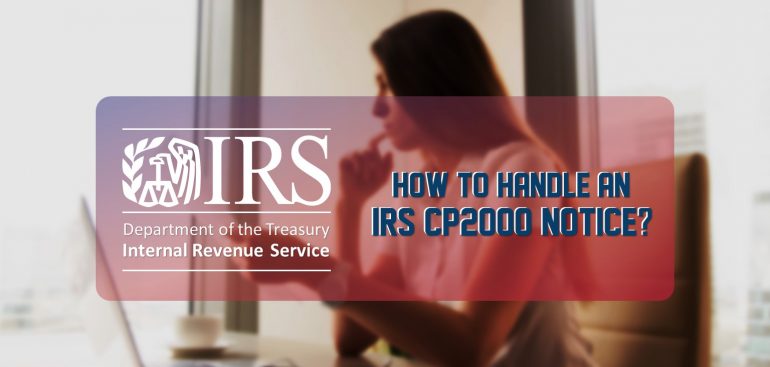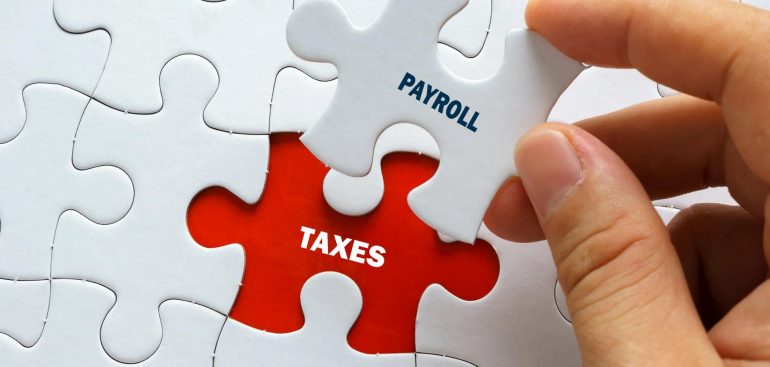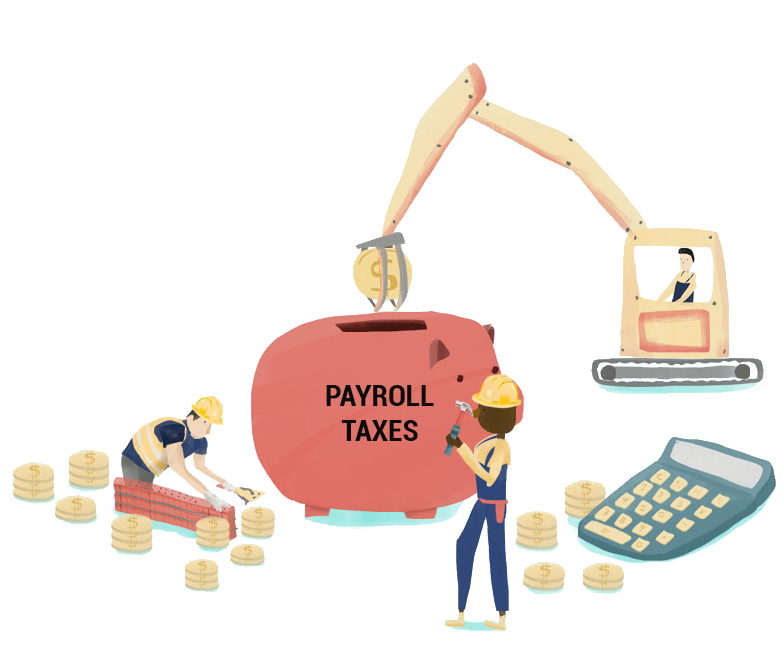Every American is required by the IRS to file their taxes each year, with the assumption that they will pay their tax obligation immediately after filing. The majority of taxpayers file and pay their taxes on time, however, some do not. According to records, approximately 5 million people fail to pay their taxes, and approximately 3 million set up payment plans and agreements, but what about the remaining taxpayers? They apply to the IRS for the Currently Not Collectible Status (CNC) in order to avoid the payments.
What is the Currently Not Collectible (CNC) Status?
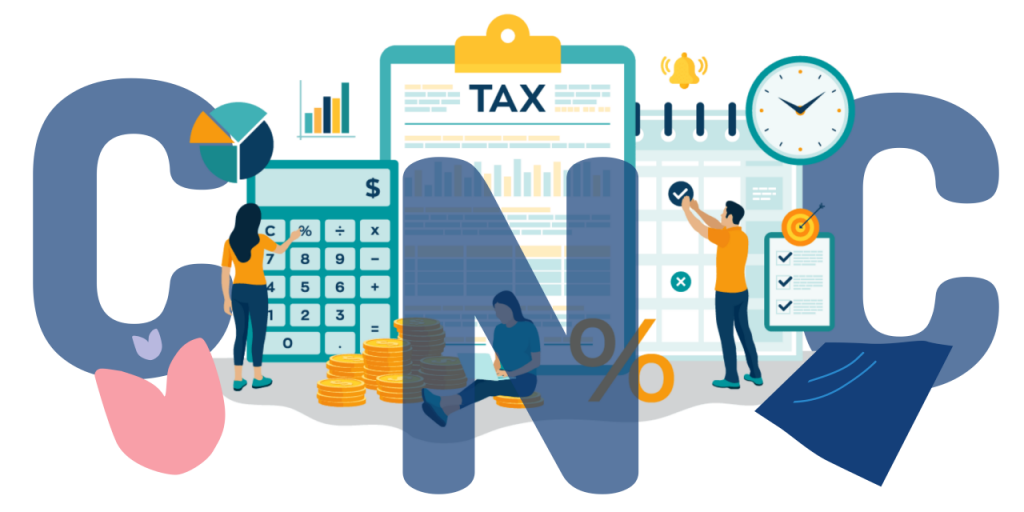
The IRS determines that a taxpayer does not have the resources or ability to pay their taxes using the Currently Not Collectible (CNC) Status after a thorough inquiry. This status protects taxpayers from IRS penalties and allows them to avoid paying any taxes. This status allows you to talk with the IRS about your situation so that they may check all of your financial information and, if necessary, put you on a payment plan or grant you CNC status.
Before moving on to the next phase, you must have proof that you are unable to pay those taxes. The IRS requires Form 433-F, also known as the Collection Information Statement, to certify your CNC eligibility. This form can be filed to the IRS either by handing it over to an IRS Revenue Officer or by using the IRS Automated Collection System Unit. There’s a better likelihood the IRS will approve the taxpayer’s request for CNC status if they don’t have any assets that the IRS may seize instead of the money. If the IRS approves your inability, you may be eligible for CNC status.
What Happens after I am stated as Currently Not Collectible?
After the IRS has granted you CNC status, the IRS will cease all tax collection activities, including levy and wage garnishment, as well as any other types of activity that involve collecting money from you. You will still receive an annual statement from the IRS detailing the amount of unpaid tax, but it will not be considered a bill, and you will not be required to pay any of it.
If the CNC status is maintained for more than ten years, all taxpayer debts will expire and become non-payable. During those ten years, however, all of the limitations of the 10-year statute remain in effect.
Keep in mind that before approving your request for an IRS payment plan, the IRS will try all possibilities. They look into all of your living expenses and monthly payments to see if there is any way out. They can also set payment limits, for example, if you have a $1,300 monthly auto payment, the IRS can decrease it to $500 so you can pay your taxes.
How to Achieve the IRS Currently Not Collectible (CNC) Status?
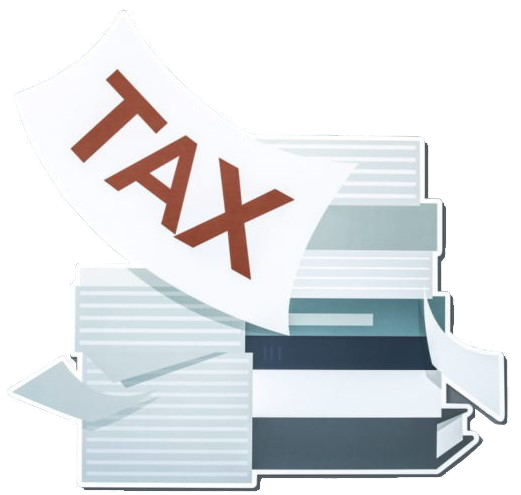
Getting in touch with a Miami Tax Accountant and discussing your concerns with a tax professional is the simplest way to obtain IRS CNC status. Make sure you get an experienced tax professional who has dealt with similar scenarios in the past. You can also submit a direct application using Form 433-F. However, you should first speak with a tax specialist who can help you locate the best scheme for you.
Information Required to Request IRS CNC Status:
To confirm your eligibility for CNC status, the IRS requires a collection of documentation. The following are the documentation you’ll need to show to the IRS:
- Copies of the most recent pay stubs for each job for the previous month
- Copies of the most current statements showing all monthly income received
- Copies of all owned properties’ most recent real estate tax bills
- All utility bills (copies)
- Copies of the lease and mortgage bills
- Copies of all monthly expenses, evidence of assets, and recent credit card payments
Next Steps:
If you’re in a bad financial situation, here are all of your options:
- Consider CNC status
- If you can resolve the debt in any way, consider an offer in compromise (settlement with the IRS)
- If you’re still stumped, seek advice from a tax professional.
It is a tax professional’s job to be extremely aware of all IRS notices and penalties. To learn more about your possibilities, speak with a Tax Preparer in Miami. SDG Accountants are tax specialists with a lot of experience dealing with IRS notices and fines.


